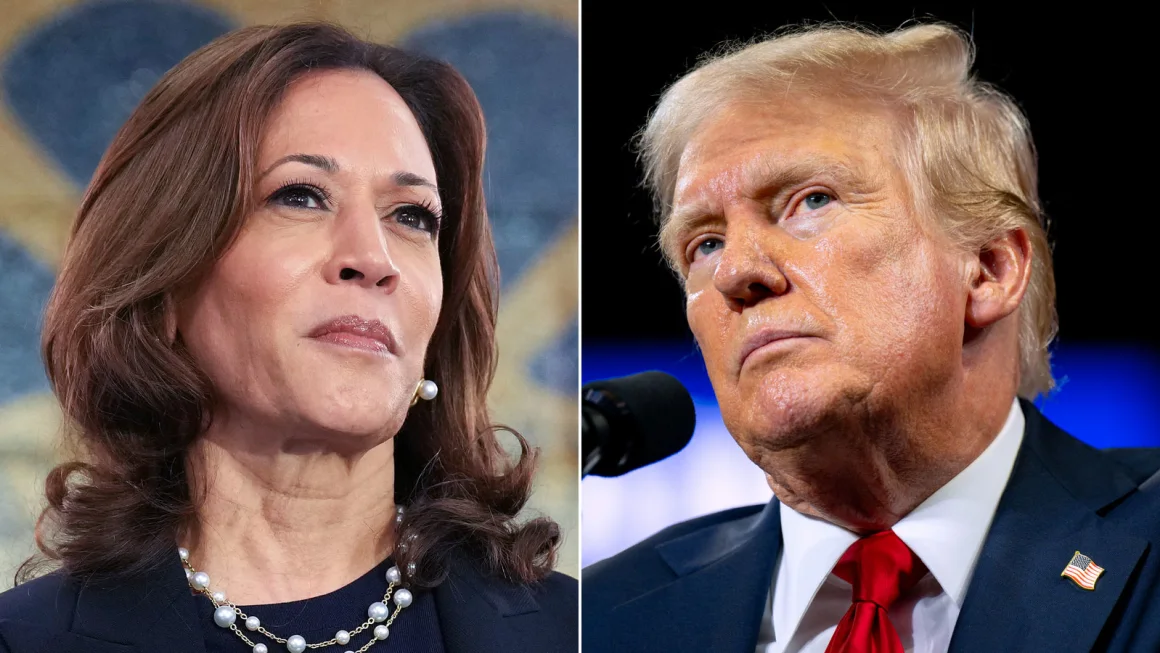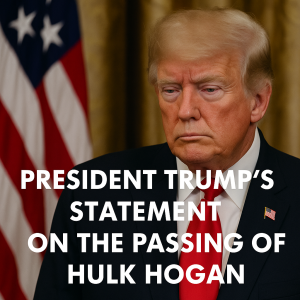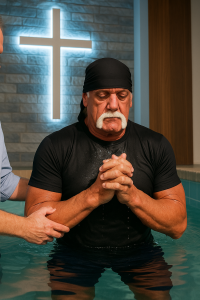Religion has long been a defining element of American political life, shaping the beliefs, values, and policies of those who seek the highest office in the land. From the Founding Fathers to contemporary candidates, faith has influenced campaign strategies, voter appeal, and even policy decisions. This article explores how American presidential candidates navigate their faith and its impact on their political journeys.
Historical Context
The intertwining of religion and politics in America dates back to the nation’s founding. Many early leaders were influenced by their Christian beliefs, which shaped the moral framework of the new republic. However, the U.S. Constitution’s First Amendment established a precedent for the separation of church and state, leading to ongoing debates about the role of faith in public life.
Faith as a Campaign Strategy
In modern elections, candidates often showcase their faith as a means of connecting with voters. This strategy is particularly prominent among candidates seeking support from evangelical Christians and other religious groups. For instance, candidates like George W. Bush and Barack Obama openly discussed their Christian faith, using it to appeal to a broader base of voters. Bush famously emphasized his personal relationship with Jesus Christ, while Obama spoke about his faith journey in a way that resonated with many.
The Influence of Religious Groups
Religious organizations play a significant role in shaping political discourse and mobilizing voters. Groups such as the Christian Coalition and the American Family Association work to align their agendas with candidates who reflect their values. In recent elections, candidates have sought endorsements from influential religious leaders, knowing that such backing can sway public opinion and enhance their legitimacy within specific demographics.
Diversity of Faith
As the U.S. becomes increasingly diverse, so too do the religious affiliations of presidential candidates. While Christianity remains the dominant faith among politicians, the rise of candidates from varied backgrounds—such as Hindu, Jewish, and Muslim—reflects the country’s changing religious landscape. For example, presidential candidates like Bernie Sanders, who identifies as Jewish, and Tulsi Gabbard, who practices Hinduism, have brought different perspectives on faith to the political arena.
Challenges and Controversies
The intersection of faith and politics is not without its challenges. Candidates often face scrutiny over their religious beliefs and practices. For instance, Mitt Romney’s Mormon faith became a focal point during his 2012 campaign, raising questions about how his beliefs might influence his policies. Similarly, candidates must navigate the potential backlash from secular voters who may perceive overt expressions of faith as exclusionary or divisive.
The Impact of Personal Beliefs on Policy
A candidate’s faith can profoundly impact their policy positions. For example, issues such as abortion, healthcare, and social justice are often viewed through a religious lens, leading candidates to adopt stances that align with their beliefs. This dynamic can energize a candidate’s base but may alienate moderate voters who seek a more secular approach to governance.
Conclusion
Faith remains a powerful force in American presidential politics, shaping the identities and strategies of candidates. As the nation continues to evolve, the relationship between religion and politics will likely adapt, reflecting the diverse beliefs of its citizens. For voters, understanding a candidate’s faith can provide insight into their values and priorities, making it a crucial factor in the electoral process. As we look toward future elections, the role of faith will undoubtedly continue to spark discussions about the intersection of belief and governance in the United States.




Be First to Comment